- Home
- slideshows
- miscellaneous
- The 8 most significant superhero movies of the decade that changed Hollywood
The 8 most significant superhero movies of the decade that changed Hollywood
"The Avengers" (2012)

"Man of Steel" (2013)
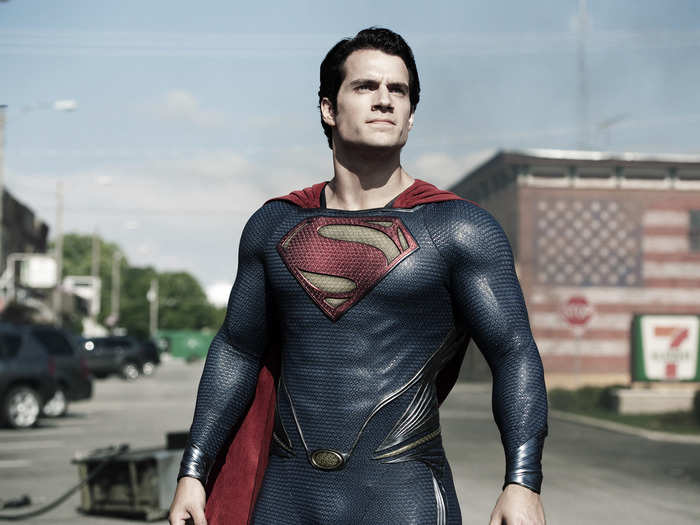
Director: Zack Snyder
The "Release the Snyder Cut" movement, a campaign for Warner Bros. to release Zack Snyder's director's cut of 2017's "Justice League," gained momentum and newfound confidence this year. The movement is comprised of Snyder loyalists (and even some of the movie's stars) who insist that Snyder's vision was sabotaged by Warner Bros. and "Avengers" director Joss Whedon, who stepped in for significant reshoots after Snyder exited the project late into production because of a family tragedy.
"Justice League" disappointed critically and at the box office, making less than $700 million worldwide off of a bloated $300 million production budget. Warner Bros. has tried to move on with course-correcting DC movies like "Aquaman" and "Shazam!," but the Snyder Cut base shows no signs of letting "Justice League" die anytime soon.
There would be no Snyder Cut movement without "Man of Steel."
Snyder's take on Superman — seemingly inspired by the success of the "Dark Knight" movies (director Christopher Nolan is credited as a producer on "Man of Steel") — left fans and critics divided. It earned a decent $668 million worldwide and received a 56% critic score on Rotten Tomatoes. But Snyder's most affectionate fans still swear by it, feelings that were only heightened by Snyder's even more brooding followup, 2016's "Batman v Superman: Dawn of Justice."
Depending on who you ask, the Snyder Cut movement is either that of passionate fans who feel betrayed by a major Hollywood studio, or the most prominent example of the toxic fandom that has dominated some of the decade's blockbusters, from "Star Wars: The Last Jedi" to "Captain Marvel." Without it, "Man of Steel" would likely be just another blip in Superman's movie history, but now its legacy is set in stone.
"Deadpool" (2016)
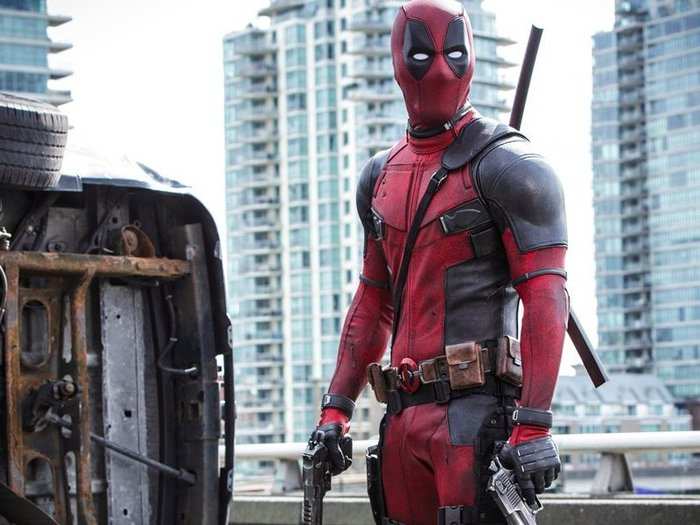
Director: Tim Miller
Would "Joker's" success be possible without "Deadpool"? It's hard to say, but Fox's "X-Men" spin-off not only affirmed that a superhero movie could be a major hit with an R rating, but what the studio's "X-Men" franchise could achieve when it took risks.
The movie scored $132 million in its opening weekend in February 2016 and went on to gross $782 million worldwide. Something about "Deadpool," starring Ryan Reynolds, attracted people. Perhaps it was the absurd action sequences or the comedic fourth-wall breaking, but either way, audiences stuck around for last year's sequel, "Deadpool 2," which grossed $785 million globally.
But what makes the "Deadpool" movies even more significant is that, for the time being, they are the last of their kind.
An "X-Force" spin-off to be directed by "Cabin in the Woods" director Drew Goddard was put in limbo after Disney bought Fox and the character's movie future is up in the air because of the merger. Disney CEO Bob Iger has expressed an openness to R-rated movies and given the success of them, it would be surprising if a third "Deadpool" wasn't greenlit sometime soon. But no matter what happens, "Deadpool's" big-screen adventures may never be the same.
"Wonder Woman" (2017)
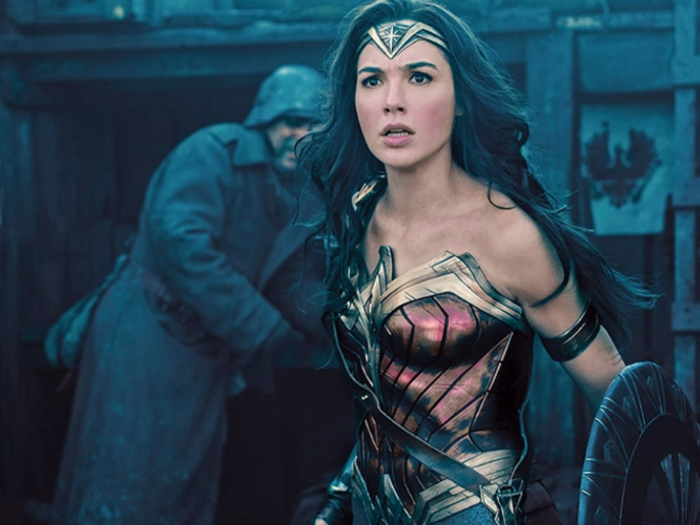
Director: Patty Jenkins
When we look back at Warner Bros.' DC movies years from now, "Wonder Woman" will stand out as the one pre-"Justice League," DC Extended Universe movie that garnered both financial success and critical acclaim.
And it's considered the first female-led superhero movie to ever achieve that, too.
"Wonder Woman" earned $822 million worldwide and received a 93% Rotten Tomatoes critic score. After "Justice League" bombed, Warner Bros. shifted its strategy for its DC movies. Rather than focusing on a connected universe, it would focus on standalone stories that were more fun ("Aquaman") than menacing ("Batman v Superman").
"Wonder Woman" not only paved the way for that, but for studios to take chances on women-led superhero movies. Marvel Studios' "Captain Marvel" two years later would accentuate that. Up next from the DC film universe: "Birds of Prey (and the Fantabulous Emancipation of One Harley Quinn)," which looks to be a wacky female-ensemble movie led by Margot Robbie's Quinn.
"Spider-Man: Homecoming" (2017)
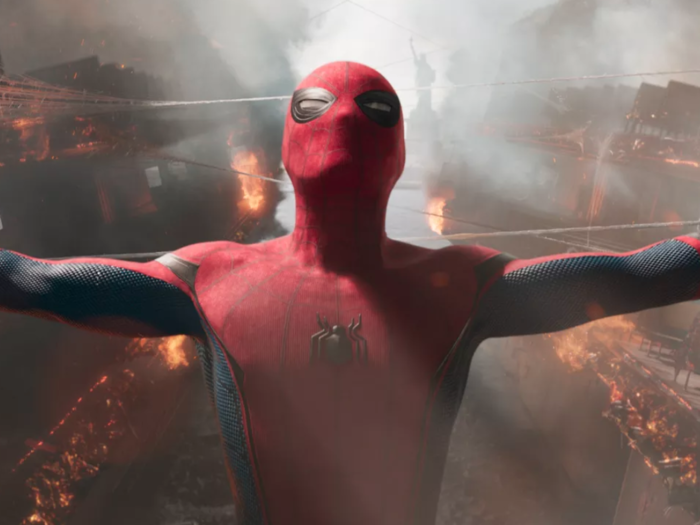
Director: Jon Watts
A battle over franchises defined the later part of the decade and no superhero better represented that than Spider-Man.
Sony owns the film rights to the character, but after the disappointing "Amazing Spider-Man" movies it struck a deal with Disney in 2015 for the character to appear in the MCU. Marvel Studios coproduced "Spider-Man: Homecoming" with Sony, which retained distribution rights while Disney got a percentage of box-office gross and all merchandising revenue.
"Homecoming" is the product of a rare instance where rival studios come together for mutual gain. It's a wonder it worked so well considering Sony had just rebooted the character five years prior, but that's also a testament to the power of the MCU and actor Tom Holland's near universal likability.
Sony and Disney came to a standstill over renewing the deal this year which was quickly resolved. But the brief squabble showcased how important superheroes are to studios in general, and Spider-Man in particular for Sony. Holland will reprise his role for a third MCU movie in 2021 and appear in one other MCU movie. Beyond that, the character's movie future is uncertain, but the box-office hit "Venom" and the Oscar-winning "Spider-Man: Into the Spider-Verse" certainly gave Sony more confidence in its own Spider-Man movies.
"Thor: Ragnarok" (2017)
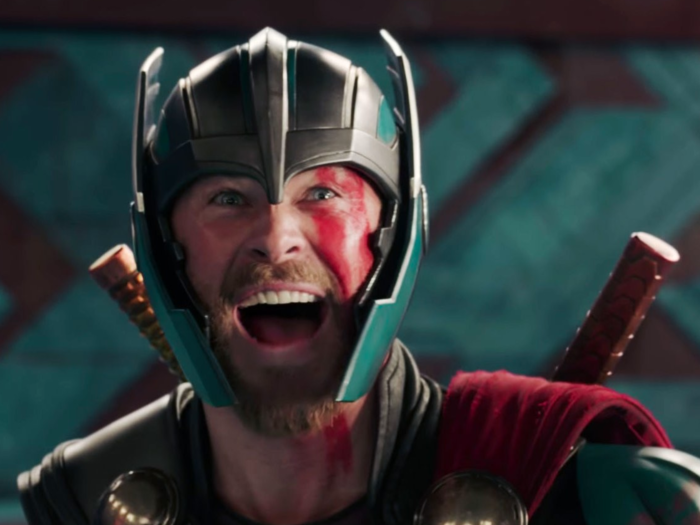
Director: Taika Waititi
With "Avengers: Endgame" concluding the first decade of the Marvel Cinematic Universe, the franchise is entering a new era next year. Ten years ago, if you had asked fans who they thought would be leading the franchise into this new decade, they probably wouldn't have said Chris Hemsworth's Thor.
Scarlett Johansson's Black Widow will star in a solo movie in May, but it's a prequel because the character died in "Endgame." Jeremy Renner's Hawkeye will star in a Disney Plus TV series but Renner is expected to be replaced by a younger character who dons the Hawkeye title. The future of Mark Ruffalo's Hulk is up in the air. And Chris Evans' Captain America and Robert Downey Jr's Iron Man met their ends in "Endgame."
Now, Thor is the most prominent left superhero standing from the original "Avengers" movie thanks to a total overhaul in "Thor: Ragnarok," which finally figured out that Hemsworth is pretty darn funny. Thor was given a makeover that carried over into "Avengers: Infinity War" and "Endgame" and made him a star player of both of those movies.
"Ragnarok" also introduced a hyper-weird aesthetic that could spill over into some of the MCU's upcoming movies. Would "Doctor Strange in the Multiverse of Madness" be on the way without "Ragnarok"? I'd guess not. Director Taika Waititi is returning for the follow-up, "Thor: Love and Thunder," making Thor the first MCU character to star in four solo movies.
"Black Panther" (2018)
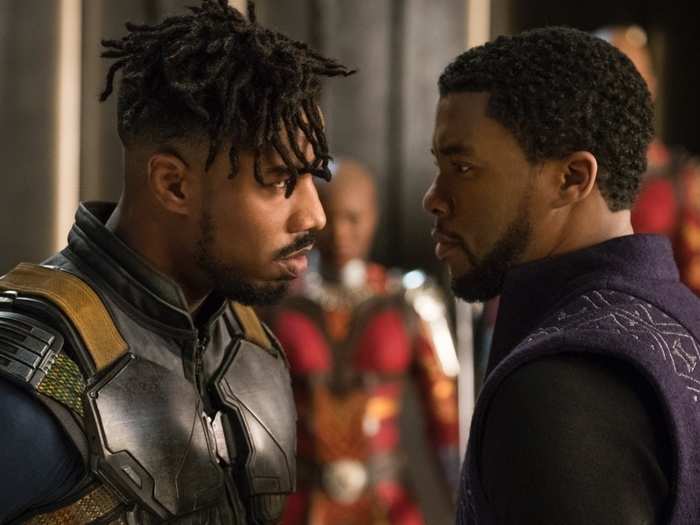
Director: Ryan Coogler
There's not much more to say about how essential "Black Panther" is that hasn't already been said.
As the first superhero movie to feature a predominantly black cast, "Black Panther" was a cultural sensation in a different way than even "Endgame." The MCU entry grossed over $200 million domestically in its opening weekend and ultimately made $1.3 billion worldwide. It was nominated for seven Oscars, including best picture, and won three of them.
"Joker" (2019)
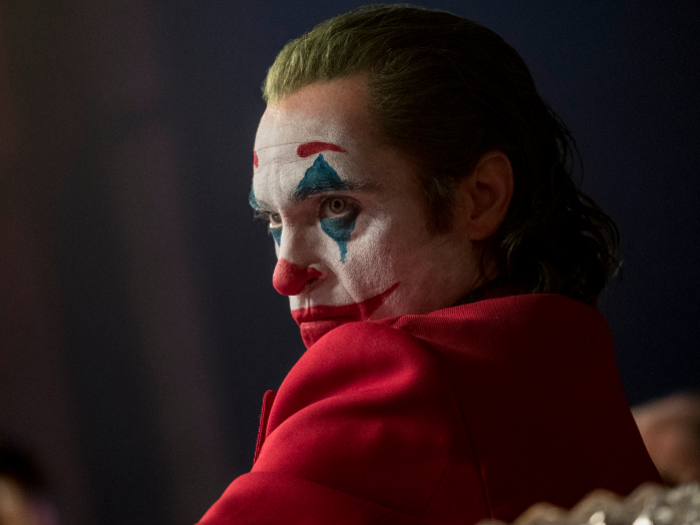
Director: Todd Phillips
"Joker," an ultra-violent take on Batman's greatest foe, recently became the first R-rated movie to reach $1 billion at the box office. Since Hollywood is largely a reactive business, the ramifications of its success are already starting to show.
The Hollywood Reporter reported recently that Todd Phillips pitched Warner Bros. on making a series of darker DC origin movies after "Joker's" record-breaking opening weekend and that he was granted the rights to one more character. Phillips confirmed in an interview with Indiewire that he initially pitched the idea when pitching "Joker," but said Warner Bros. shot it down.
But Variety reported on Tuesday that Warner Bros. believes if 2021's "The Batman" succeeds, any of the movie's villains "could headline their own spinoff movies." That includes Catwoman (Zoe Kravitz), Riddler (Paul Dano), and Penguin (Colin Farrell).
If superhero movies dominated the 2010s, will supervillain movies dominate the 2020s? Probably not, but "Joker's" influence will still be felt, especially if it goes beyond box-office gold and snags some Oscar gold in February.
Popular Right Now
Popular Keywords
Advertisement